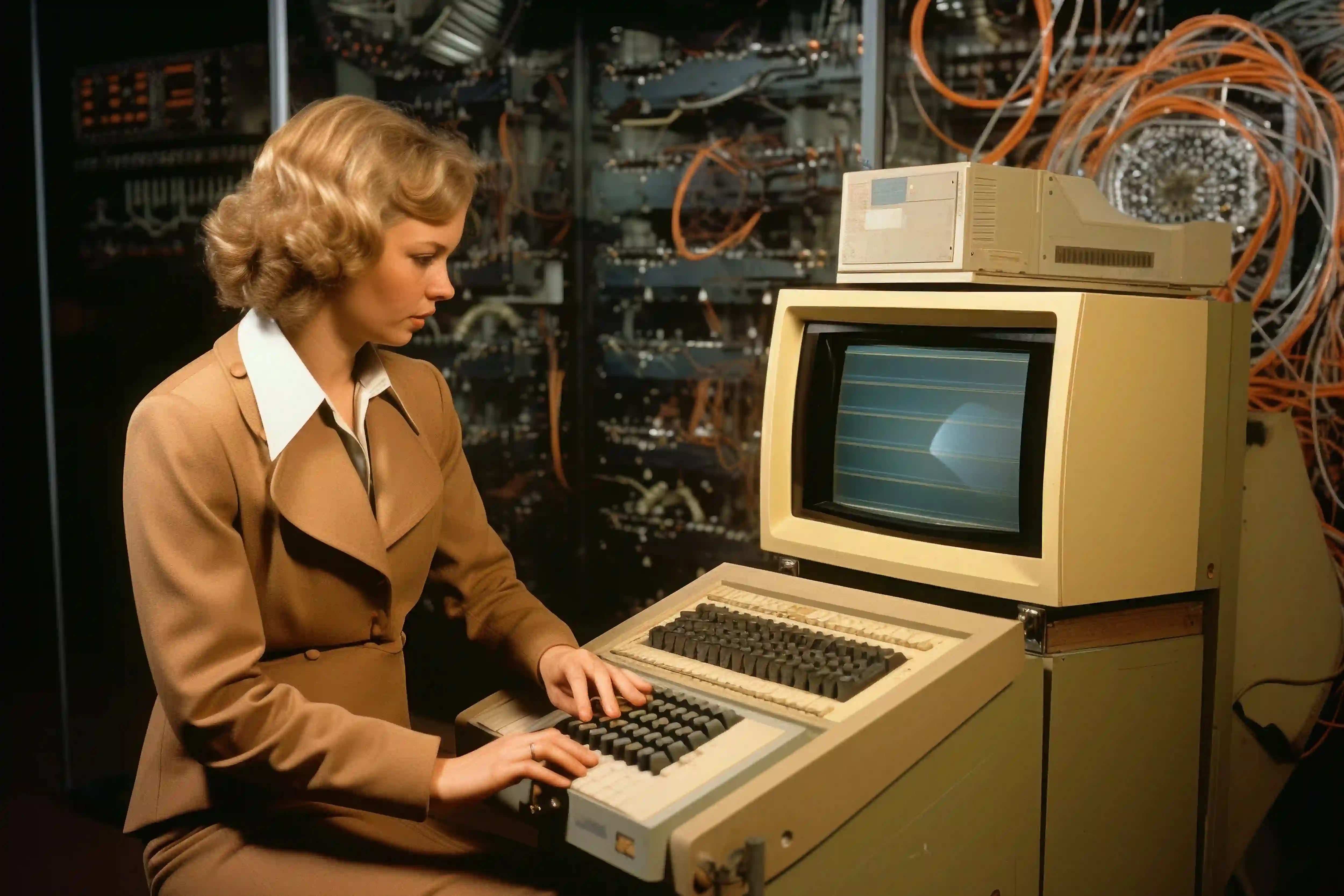
Why does the marketing department need IT support? 7 reasons


Marketing is a very broad area and is divided into various categories and subcategories. It may seem that someone in the position of Marketing Specialist would specialize in marketing broadly understood. However, in practice, those professionally involved in marketing choose one specific direction to explore.
Over time, they can, of course, expand their competencies to other areas, but expecting one employee to "handle" everything related to marketing in a given company is doomed to failure from the start.
And here we move to the question posed in the title of this post: why does the marketing department need IT support? Of course, if the company is small, has limited financial resources, then the person in charge of marketing must cope with what is available. However, it's worth noting that, unfortunately - the larger the budget and the desire to develop the company towards marketing - the greater the chances of successfully selling a product or service.
Not only marketing influences sales, but that's a topic for another post. At this point, we can conclude that marketing and sales are related.
Let's return to the issue of IT in marketing. Most companies carry out their marketing activities online. For this reason, marketing department employees often collaborate with the technical/IT department and need support from specialists from various other areas, such as graphic designers or UX/UI designers.
The marketing department needs technological support for many reasons that are key to efficient functioning and achieving business goals.
Customer data marketing management
Marketing often involves analysing large sets of customer data, including demographic data, purchasing behaviours, and preferences. IT support is essential for managing this data, ensuring its security, and using analytical tools to draw conclusions that can shape marketing strategies.
Technological support for brand and product campaigns
Marketing campaigns are increasingly carried out through various platforms. IT support enables the creation, management, and optimisation of these campaigns through the development of websites, mobile apps, SEO (Search Engine Optimisation), and other digital marketing tools.
Marketing campaigns often utilise advanced technologies, such as artificial intelligence (AI), machine learning (ML), virtual and augmented reality (VR/AR). IT support is essential for implementing and managing these technologies.
Some specific actions where IT facilitates the work of the marketing department include:
Building complex landing pages for various marketing funnels
Adapting the website to new trends and customer expectations (facilitating the purchase path and navigation on the site)
Making last-minute corrections while "keeping a finger on the pulse" (referring to a situation where a so-called "small change" hangs the entire site and blocks the campaign)
Participation in creative sessions and suggesting the best technical solutions for the specific needs of the marketing department
Marketing automation is crucial for the effectiveness of marketing activities, allowing for the personalisation of communication with customers and increasing campaign efficiency. IT support is necessary for implementing and managing automation tools.
Customer data protection should be a priority for every organisation. The IT department plays a key role in securing data against unauthorised access, data loss, or cyberattacks, which is particularly important in the context of growing threats in cyberspace.
Analysis and reporting, through which the effectiveness of marketing campaigns can be assessed. Accurate tracking and analysing data are necessary. The IT department provides the tools and support needed for data collection, analysis, and report creation, helping to make informed decisions.
System integration - effective marketing activities often require the integration of different systems and tools (e.g., CRM, e-commerce platforms, content management tools). The IT department is responsible for ensuring the smooth integration of these systems, which is crucial for the coherence and efficiency of marketing activities.
SEO and content marketing - technical support is essential for optimising online content for search engines, which helps increase visibility and website traffic. This includes both on-page and off-page optimisation, as well as creating valuable content that attracts and engages audiences.
Of course, everything depends on the team's competencies - often marketing departments have specialists capable of handling SEO. However, more and more companies, deciding to work with a technology partner, get this service in the package. This is a significant convenience if the marketing department is overloaded with duties or focuses on the more creative side of campaigns.
As you can see, there are quite a few areas where marketing meets IT, so I can't imagine my work without the support of colleagues from other departments! It's also important in recruiting employees for the marketing department - it's worth first considering what kind of specialist the company needs.
A long list of required skills and known tools may deter, so specifying which marketing areas are most important for your company from a sales and image perspective can facilitate finding the right specialists.
Missing, more technical competencies can always be added to the team through cooperation with IT companies, which can significantly impact the development of marketing and sales growth. 😉
An example of cooperation between an IT company and a marketing department is the collaboration between Webchefs and the oldest jewellery company in Poland and the only official distributor of the Rolex brand in the country - W.KRUK.
Everything started in 2017 when the W.KRUK marketing department turned to us for help in executing a branding campaign.
I encourage you to take a look at our case study of our cooperation with W.KRUK.


